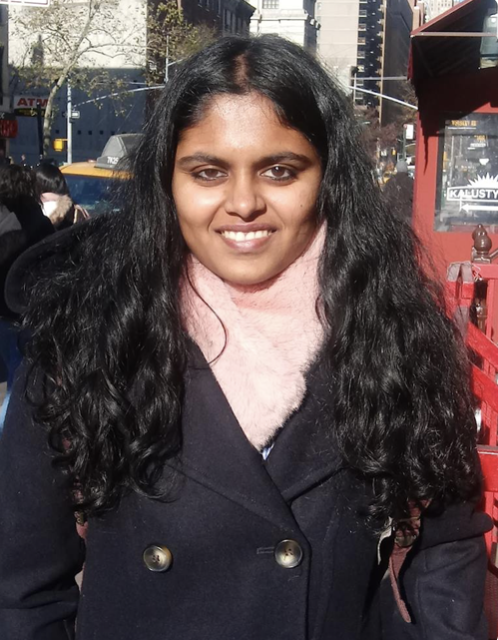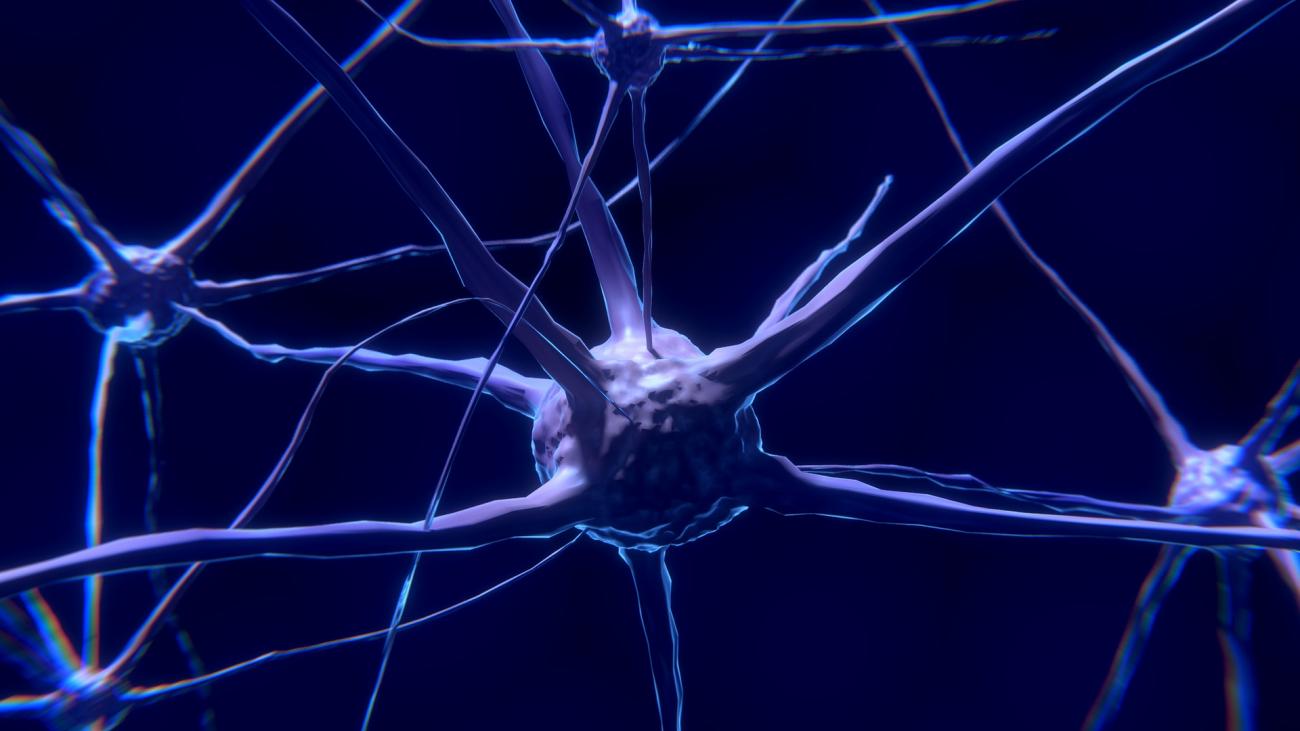A theory of locomotor learning across timescales
Humans can adapt their walking gait to novel situations such as diverse terrain, exoskeletons and prostheses, walking on split-belt treadmills, and other modifications to the person or environment. In this talk, I describe a theoretical framework that can explain many features found in locomotor learning across timescales and tasks. Our framework posits that at short time-scales humans respond via a robust default feedback controller that maintains stable locomotion, and at longer timescales humans slowly change this controller to optimize a performance metric, following a negative gradient estimated from intentional exploration. Our framework predicts changes in symmetry, entrainment, and energy expenditure in multiple tasks including walking on a split-belt treadmill and with exoskeletons. I will also comment on our ongoing data-driven theory-guided efforts to better understand the person-specific and dynamic aspects of the underlying locomotor learning algorithm.
Prof. Seethapathi is an Assistant Professor at MIT where her group uses a combination of theory, computational modeling, and experiments to build predictive models to understand human movement. Her research focuses on building models that help us understand the objectives that govern movement decisions, the strategies used to execute movement, and how new movements are learned. Before joining MIT, Prof. Seethapathi was a postdoctoral researcher in the Kording lab at Penn and obtained her PhD in the Movement Lab at The Ohio State University in 2018 as a Schlumberger Foundation Faculty for the Future Fellow. She earned her bachelor’s degree from the Veermata Jijabai Technological Institute in Mumbai.
NACS Seminars are free and open to the public.




